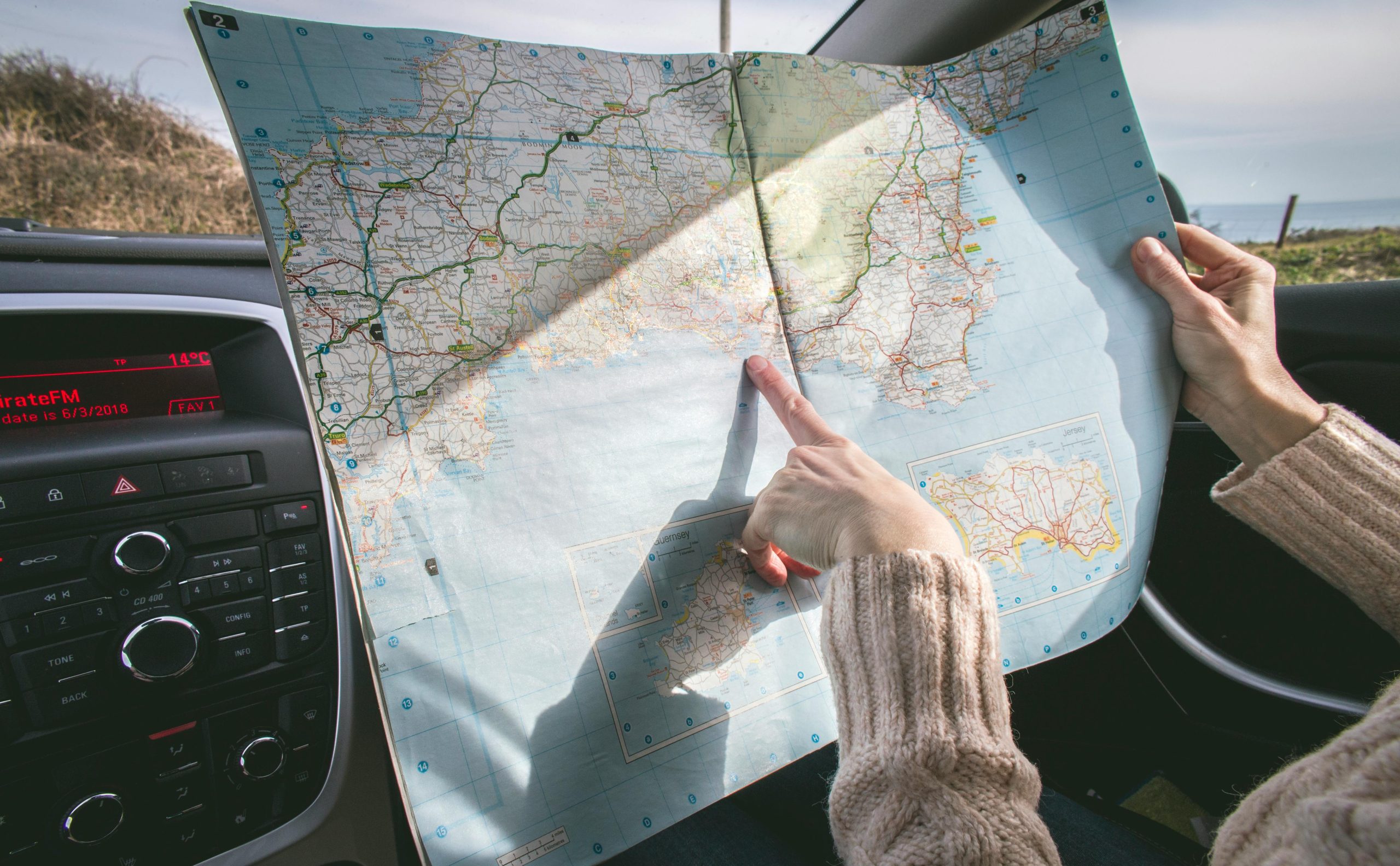Travel planning can be a smooth, enjoyable process with a few organized steps. Here’s a guide covering the essentials, from budgeting to packing, to ensure a memorable trip.
Identify your travel goals—relaxation, culture, or adventure—to guide your planning. Knowing your priorities allows for a tailored travel experience that aligns with your expectations.
Consider climate, travel restrictions, and local interests when selecting a destination. Research helps avoid unexpected issues and ensures your destination matches your travel goals.

Calculate estimated expenses, including flights, accommodations, and daily meals. A clear budget prevents overspending and enables a worry-free travel experience.

Dividing your budget by the trip’s length gives you a daily spending guide, allowing you to manage expenses without sacrificing enjoyment.

Begin saving months before your trip by reducing unnecessary expenses and leveraging travel rewards credit cards for potential discounts.
Booking flights and accommodations early, ideally 2-3 months in advance, secures lower prices and better options. Use fare alerts for potential savings.
Popular activities can fill up quickly; booking early ensures availability and sometimes offers discounts, especially in peak seasons.
Knowing a few local phrases, like “hello” and “thank you,” shows respect and fosters smoother interactions with locals.
Research local customs to avoid misunderstandings and embrace the area’s unique cultural practices, enriching your travel experience.
Some destinations require vaccinations; checking early allows ample time for scheduling necessary shots at a travel clinic.
Including items like pain relievers, antiseptic, and bandages prepares you for minor health issues, ensuring small setbacks don’t derail your trip.
Comprehensive travel insurance covers emergencies, delays, and health issues, providing peace of mind during unexpected events.
Offline maps and translation apps make exploring new areas easier without relying on constant Wi-Fi access.
Expense-tracking apps help you manage daily spending and ensure you stay within budget, especially useful for group travel.
Sending your travel plans to a trusted friend or family member keeps them informed in case of emergencies, especially for solo travelers.
Be mindful of surroundings and keep valuables secure in crowded places to avoid pickpocketing and other travel risks.
Identify your travel goals—relaxation, culture, or adventure—to guide your planning. Knowing your priorities allows for a tailored travel experience that aligns with your expectations. Setting clear goals early on also helps you make decisions on everything from accommodations to activities and budgeting.
Consider climate, travel restrictions, and local interests when selecting a destination. This research helps avoid unexpected issues and ensures your destination matches your travel goals. For example, if you’re looking for warm weather and beaches, tropical locations might be ideal, whereas cultural immersion might suit a city steeped in history.
Some destinations require vaccinations; checking early allows ample time for scheduling necessary shots at a travel clinic. This is especially important for remote areas or countries with specific health regulations, as some vaccines may need to be taken weeks in advance.
Including items like pain relievers, antiseptic, and bandages prepares you for minor health issues, ensuring small setbacks don’t derail your trip. Travel-sized essentials are easy to carry and convenient for dealing with blisters, minor cuts, or colds while on the road.
